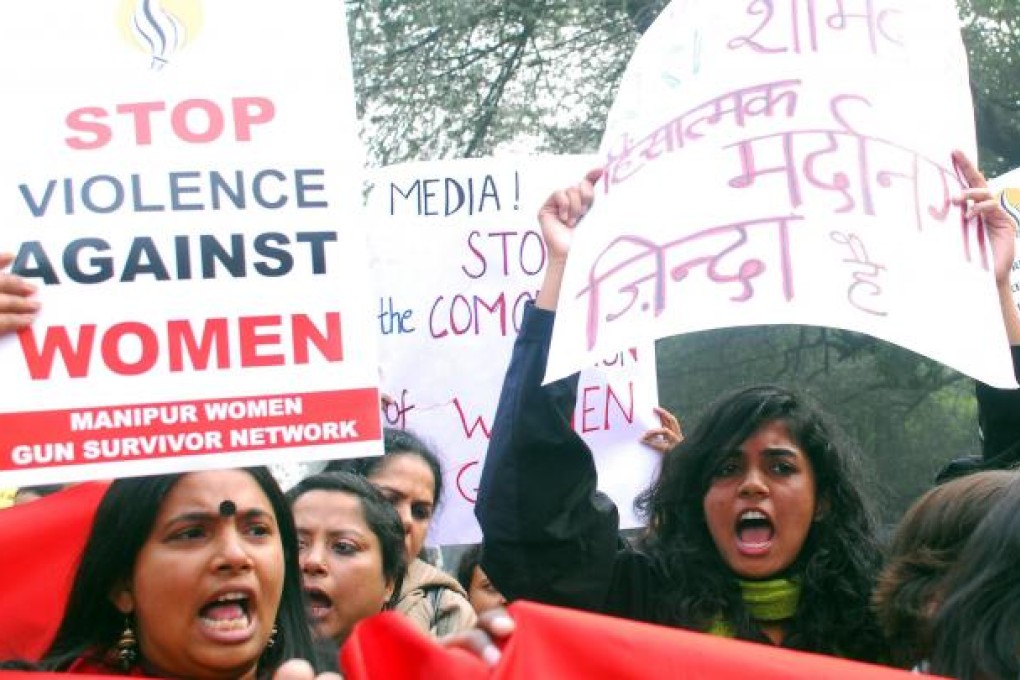Rape case exposes India's dismal record of delivering justice for women
Priya Virmani says a shocking rape case has united Indians in anger and grief but has done little to alter the nation's patriarchal mindset

A 23-year-old paramedical student went to a cinema with a male friend this month in the Indian capital, Delhi. On the way back, the young woman and her friend were lured onto a private bus masquerading as a public bus. She was then gang-raped by six men, who bashed the couple with an iron rod and left them on a roadside.
This happened within a stone's throw of a posh residential estate. And while the assault was carried out, the bus passed several police checkpoints.
Even before this gruesome incident, Delhi had earned itself the tragic moniker of India's rape capital. But the unprecedented cruelty of this case sparked an unprecedented backlash. The whole nation has come together in condemnation, with some protesters demanding capital punishment for the culprits.
In the Indian Parliament, the Bollywood actress and politician Jaya Bachchan poignantly voiced the shame she felt as a lawmaker. But however well intentioned Bachchan's stance may be, parliamentary perorations are inadequate. The imbalance of security personnel guarding India's VIPs versus the multitudes needs urgent attention. The figures are appalling: three cops protect each VIP, while there is just one officer for 761 citizens.
Perhaps parliamentarians and their families using public transport would send a far more potent message than their speeches.
Bachchan was overcome as she demanded justice for the victim in a nation where female deities are worshipped. She, however, misses the point that Hindu goddesses are haloed in mythology for their roles as the apotheosis of submissive, loyal wives to their husbands. They are not glorified for being lodestars of standalone identities. In hegemonic Indian culture, interpretations of history, mythology, religion and tradition have all colluded to root the identity of the Indian woman as subaltern to men, most importantly, her husband.